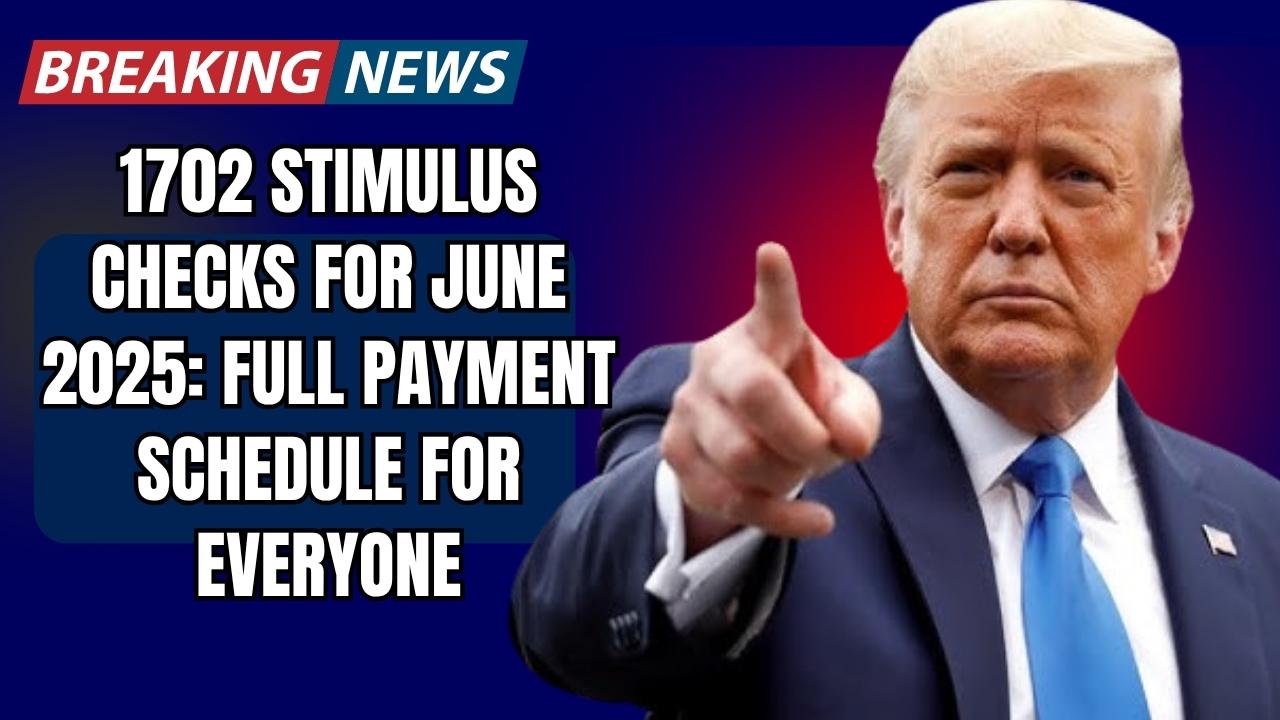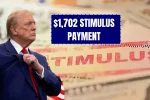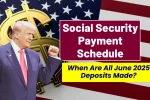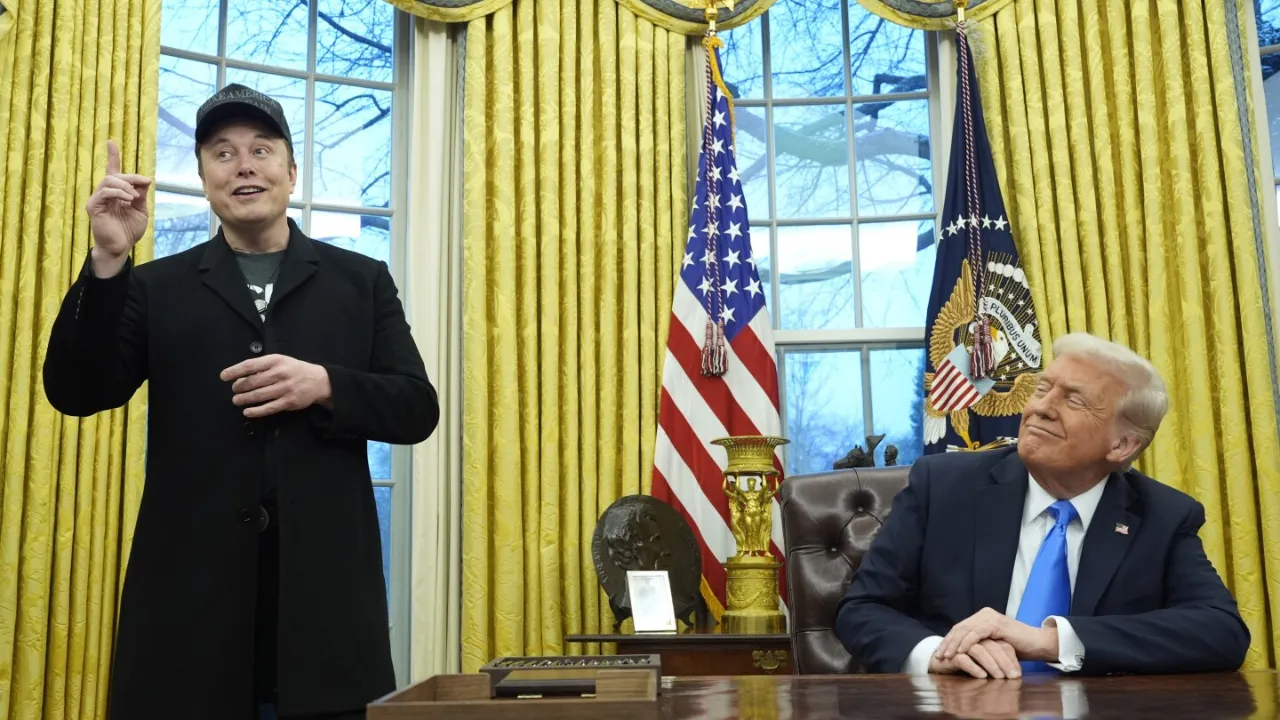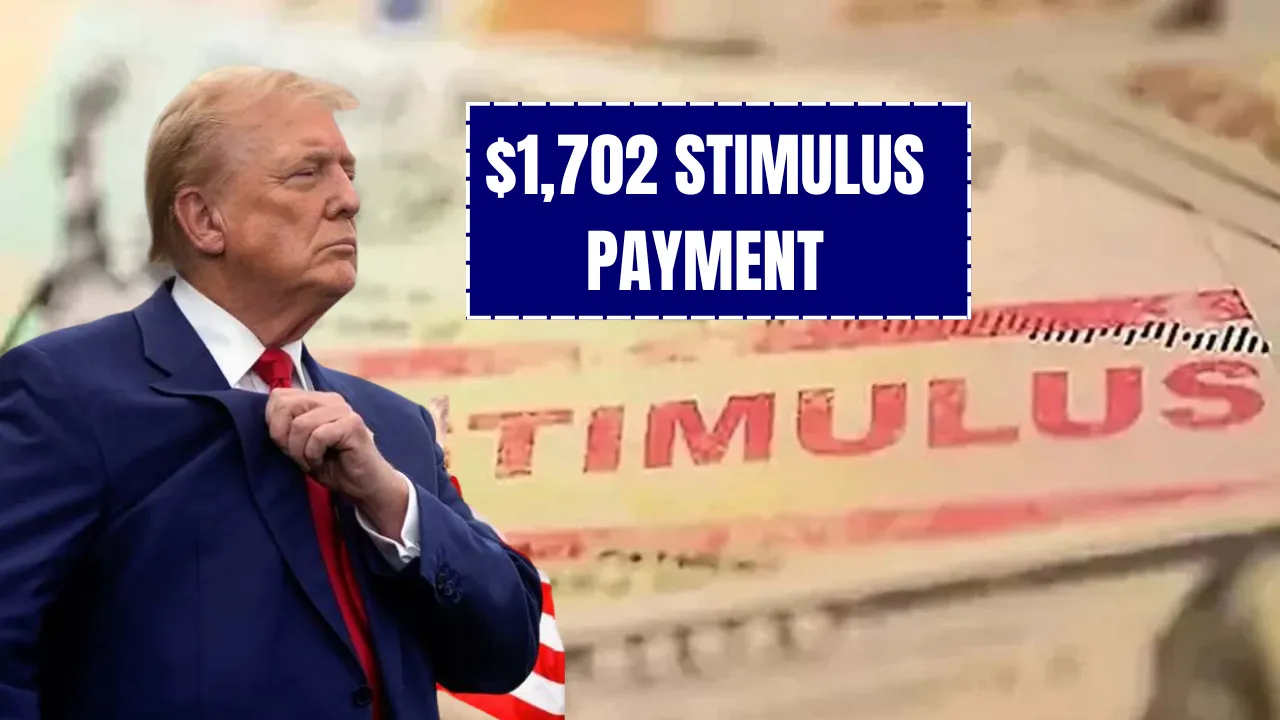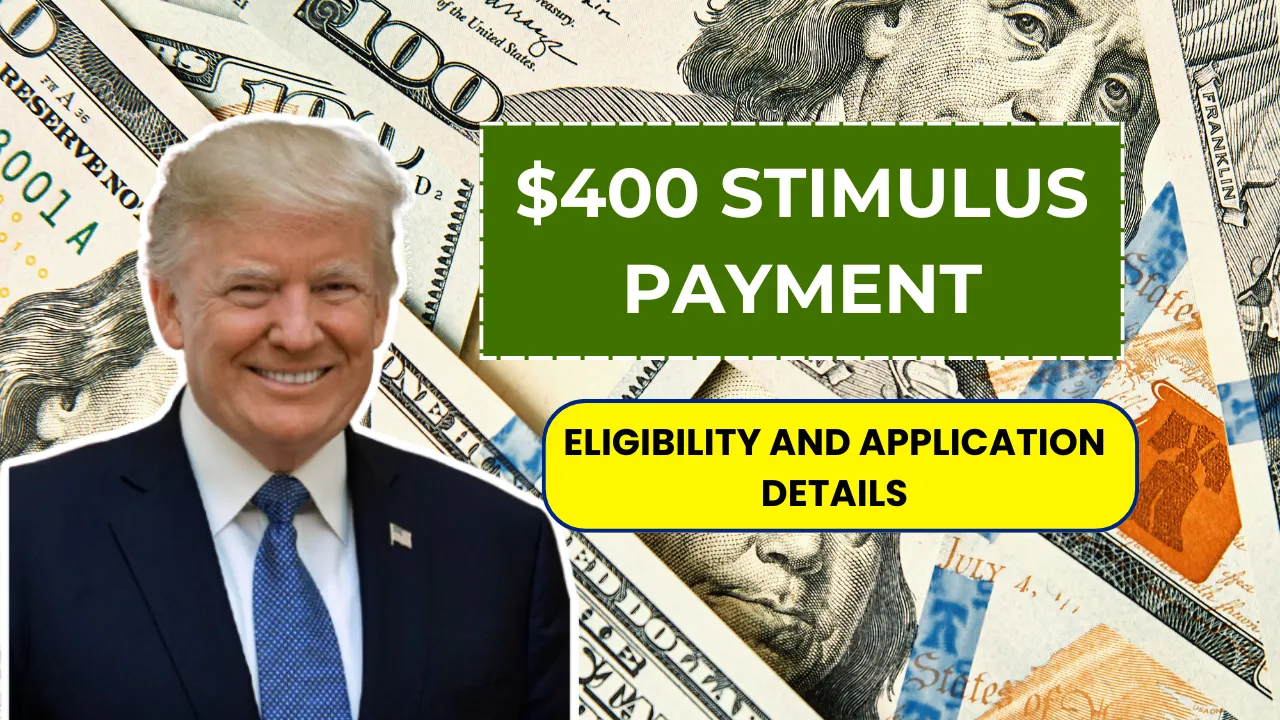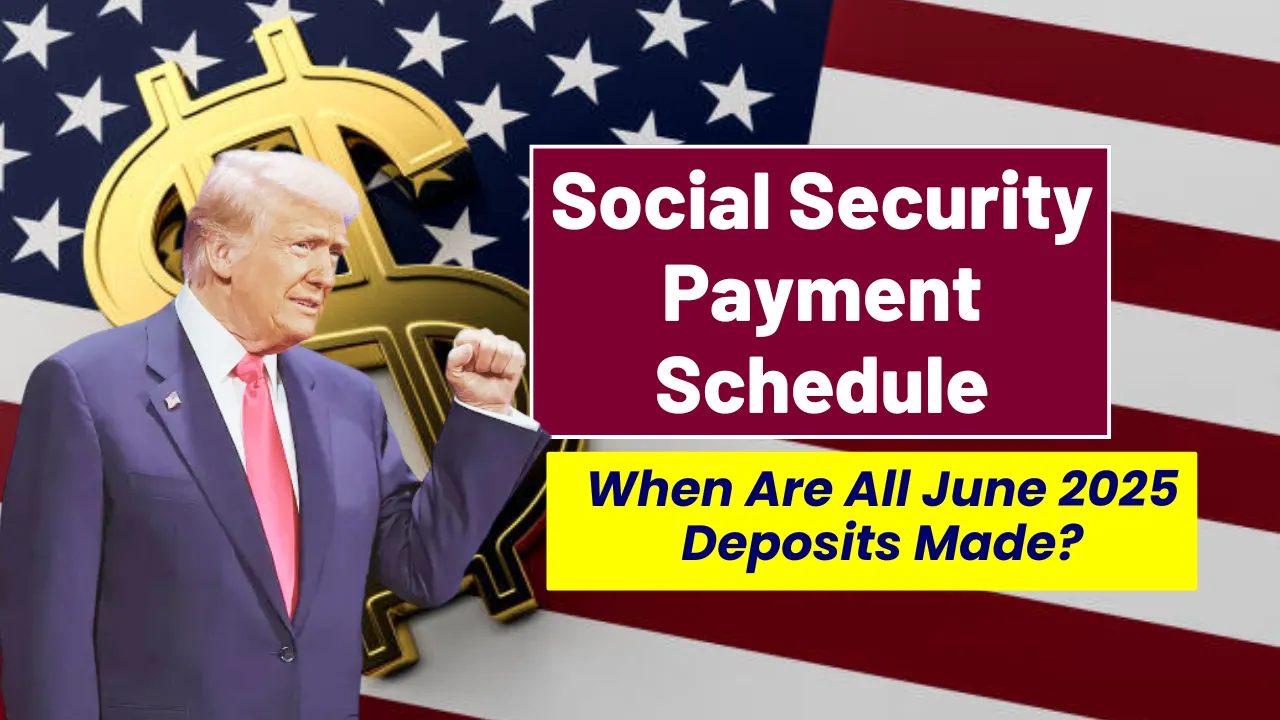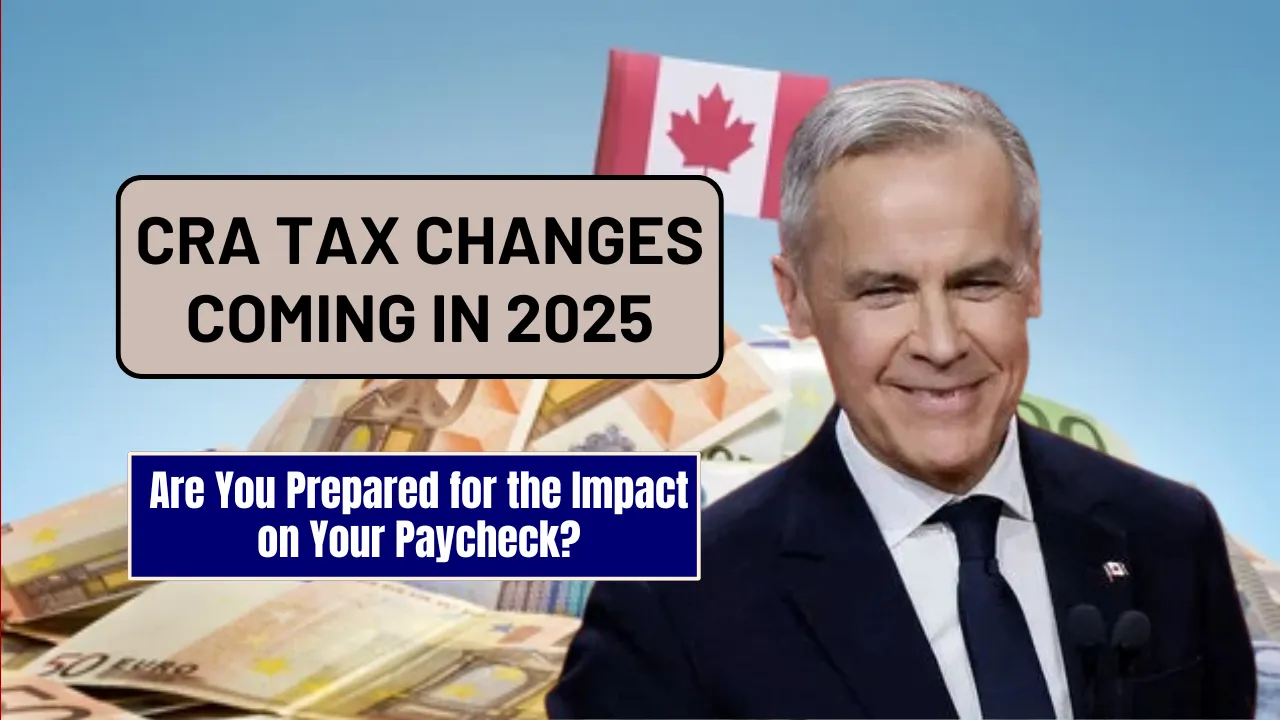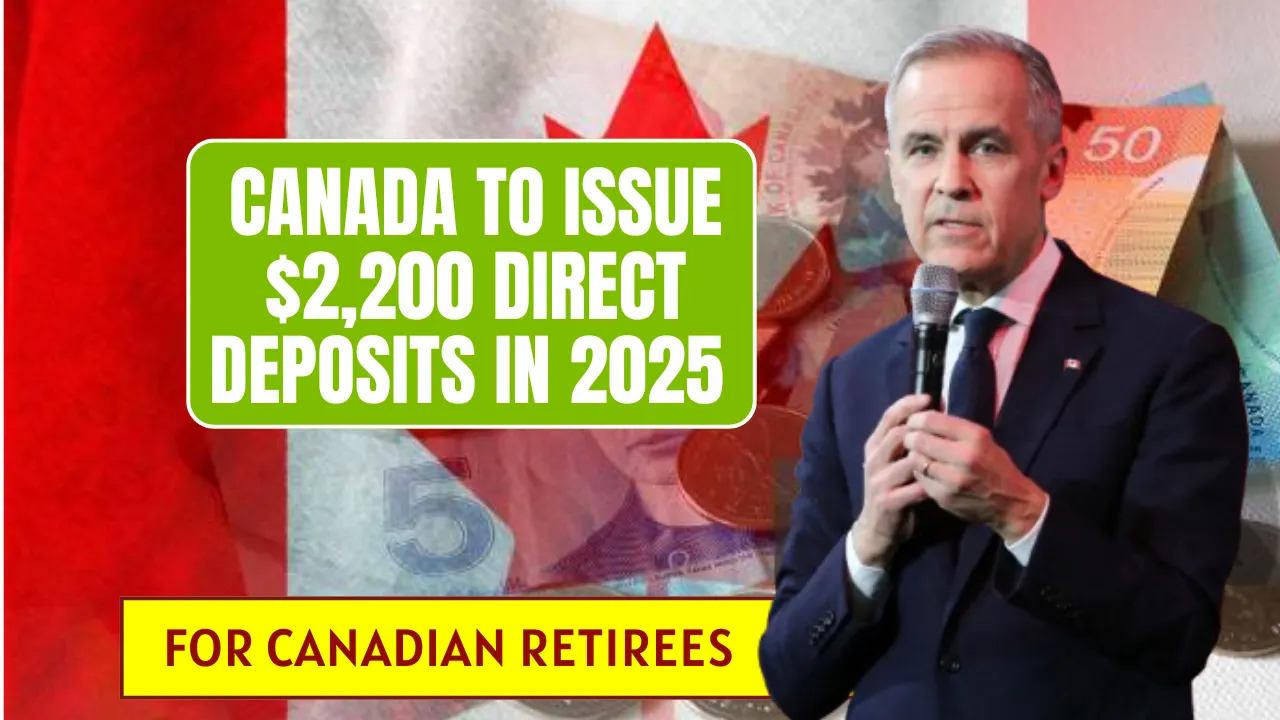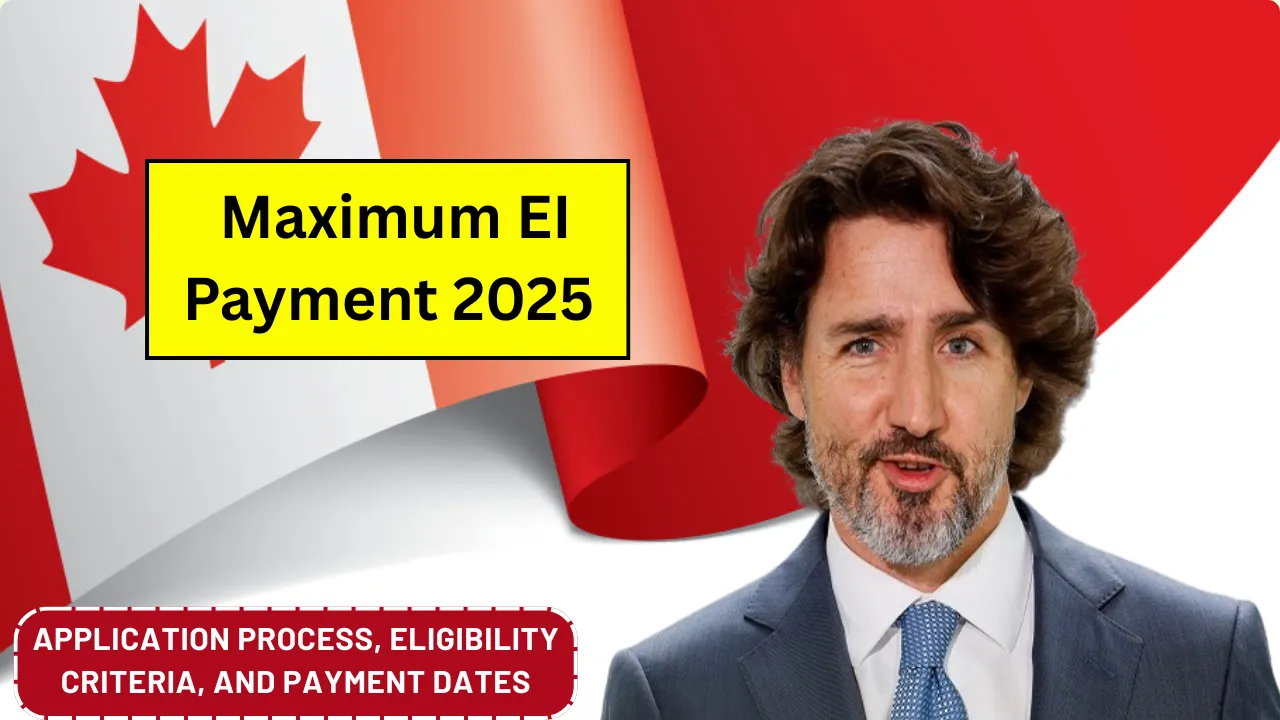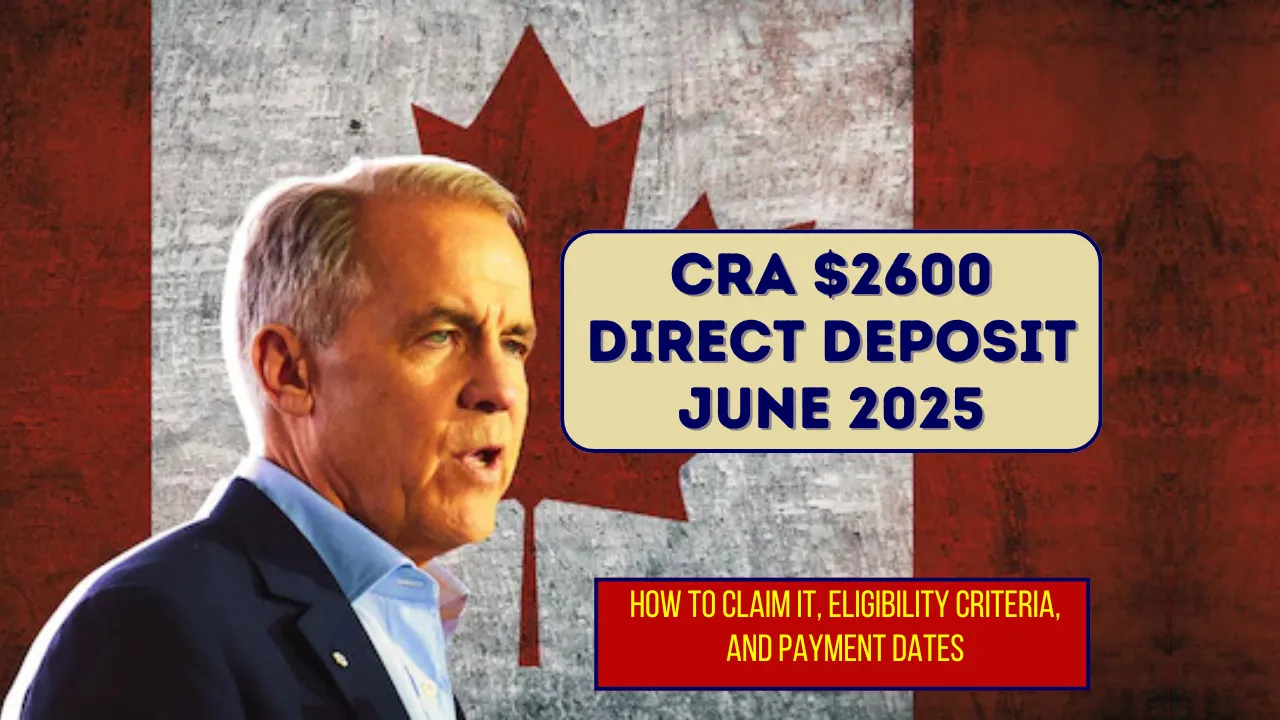June 2025 has brought good news for millions of Americans: the U.S. government is rolling out a new round of economic relief through the 1702 Stimulus Checks. As the cost of living continues to climb, especially in areas like housing, healthcare, and groceries, this payment is designed to offer much-needed financial support to households of all kinds. For many, it may be the extra help needed to get through a tough summer.
The 1702 Stimulus Checks 2025 are more than just a payout—they’re part of a carefully planned initiative aimed at easing economic pressure. Backed by bipartisan support and rooted in inflation relief efforts, the checks offer targeted assistance based on income, family size, and filing history. If you’re wondering when your payment will arrive and how much you’ll receive, this guide has all the answers.
1702 Stimulus Checks 2025
The 1702 Stimulus Checks 2025 program was launched with one goal: to provide timely and meaningful support to struggling individuals and families. These checks are part of a larger economic recovery push to balance rising inflation with consumer spending power. Whether you’re a retiree, a gig worker, or a parent supporting a household, you could qualify for a payment.
Eligibility is determined based on tax returns filed in 2023 or 2024, with specific income thresholds in place. Payments are being sent in weekly phases throughout June 2025 via direct deposit and paper checks.
Overview Table: 1702 Stimulus Checks June 2025
| Week | Dates | Eligible Group | Payment Type |
| Week 1 | June 3 – 7 | Early tax filers (Jan–Feb 2024), SSI/SSDI | Direct Deposit |
| Week 2 | June 10 – 14 | Veterans, VA recipients, income under $30,000 | Paper Checks / Deposit |
| Week 3 | June 17 – 21 | Families with dependents, gig workers | Direct Deposit / Paper |
| Week 4 | June 24 – 28 | All remaining eligible recipients, backlogs | Direct Deposit / Paper |
Background of the 1702 Stimulus Program
Proposed in late 2024 and passed in early 2025, the 1702 Stimulus initiative was designed to address financial instability caused by ongoing inflation and rising living expenses. Lawmakers from both parties supported the bill, aiming to inject cash directly into communities where it’s needed most.
Economists expect the payments to stimulate consumer spending and provide temporary relief for essential needs. From groceries to rent to medical bills, this money is meant to help people stay afloat.
Who Qualifies for the June 2025 Payment?
To receive the 1702 check, you must meet the following requirements:
- General Eligibility:
- U.S. citizen or permanent resident
- Filed taxes in 2023 or 2024
- Income under $80,000 (individuals) or $160,000 (married couples)
- U.S. citizen or permanent resident
- Special Groups:
- Seniors on Social Security or fixed income
- Veterans receiving VA benefits
- Low-income households using SSI or TANF
- Dependents listed in tax filings (children or adult dependents)
- Seniors on Social Security or fixed income
Eligibility depends on having accurate tax filings and current personal information on file with the IRS. Ensure all dependents are correctly listed to receive any bonus amounts.
1702 Stimulus Amount Breakdown
| Category | Amount (USD) | Notes |
| Base Individual Payment | $1,702 | Standard amount for qualifying individuals |
| Married Couples (Joint) | $3,404 | $1,702 per eligible adult |
| Child/Dependent Bonus | $600 | Per qualifying dependent |
| Senior Bonus (65+) | $300 | Added to the base amount |
| Maximum Household Cap | $6,000+ | Depends on number of dependents and seniors |
Full Payment Schedule for June 2025
The IRS and Treasury Department have organized a phased rollout to avoid delays and ensure smooth delivery. Here’s how payments are being distributed:
- Week 1 (June 3 – 7):
- Early tax filers (Jan–Feb 2024)
- SSI and SSDI recipients
- Payment method: Direct deposit
- Early tax filers (Jan–Feb 2024)
- Week 2 (June 10 – 14):
- Veterans and VA beneficiaries
- Individuals with income below $30,000
- Payment method: Paper checks and deposits
- Veterans and VA beneficiaries
- Week 3 (June 17 – 21):
- Households with dependents
- Gig workers, freelancers, self-employed
- Payment method: Mix of direct deposit and mailed checks
- Households with dependents
- Week 4 (June 24 – 28):
- All remaining recipients
- Backlogged or delayed cases
- Payment method: Final round of deposits/checks
- All remaining recipients
How to Check Your Stimulus Status
You can track your payment using several official methods:
- IRS “Get My Payment” Portal
- Visit irs.gov
- Enter your SSN, ZIP code, and filing status
- Visit irs.gov
- IRS Hotline
- Call 1-800-829-1040 for automated updates
- Call 1-800-829-1040 for automated updates
- IRS2Go App
- Download for iOS or Android
- Track your refund and check eligibility
- Download for iOS or Android
Make sure your direct deposit info and mailing address are up to date to avoid delays.
Direct Deposit vs Paper Check
- Direct Deposit
- Fastest and most secure method
- Payments can arrive within 1–3 days
- Fastest and most secure method
- Paper Check
- May take 5–10 business days to arrive
- Mailed to the address listed on your last tax return
- May take 5–10 business days to arrive
What If You Didn’t Receive It?
Missed payments can happen for several reasons:
- Wrong or outdated mailing address
- Closed or inactive bank account
- Errors in tax return or mismatched SSN
How to fix it:
- Use the IRS’s “Get My Payment” tool
- Contact the IRS support line
- File a Payment Trace request if it’s been more than 21 days since your scheduled payment window
Tax Implications of the 1702 Stimulus Check
These payments are non-taxable, which means:
- You won’t owe federal taxes on the amount
- You should still report it on your 2025 tax return for reference
- Keep any notices from the IRS for record-keeping
How the Payment Affects Other Benefits
- SSI/SSDI: The check does not count as income or affect eligibility
- SNAP, Medicaid, TANF: No negative impact due to federal exemptions
These protections are built into the program, ensuring that stimulus funds don’t interfere with your ongoing support.
Scams and Fraud Alerts
Be cautious—stimulus payments attract scammers. Watch out for:
- Emails or texts asking for your SSN or bank details
- Phone calls claiming you must verify your payment
- Fake websites pretending to be IRS portals
To report fraud:
Visit identitytheft.gov or report directly on irs.gov
Economic Impact of the June 2025 Stimulus
According to analysts, the 1702 Stimulus Checks could contribute $80 billion in consumer spending this summer. Small businesses, retailers, and service providers are already anticipating the positive effects.
There’s also talk of a “1703 Plan” for 2026, showing that continued economic support may still be on the table depending on inflation and job market data.
Final Thought
The 1702 Stimulus Checks 2025 are a powerful tool in supporting American households through ongoing economic uncertainty. Whether you’re a retiree, parent, or gig worker, this check could bring the financial relief you need. Keep your information current, stay alert for scams, and follow official channels to track your payment.
Relief is on the way—make sure you’re ready for it.
